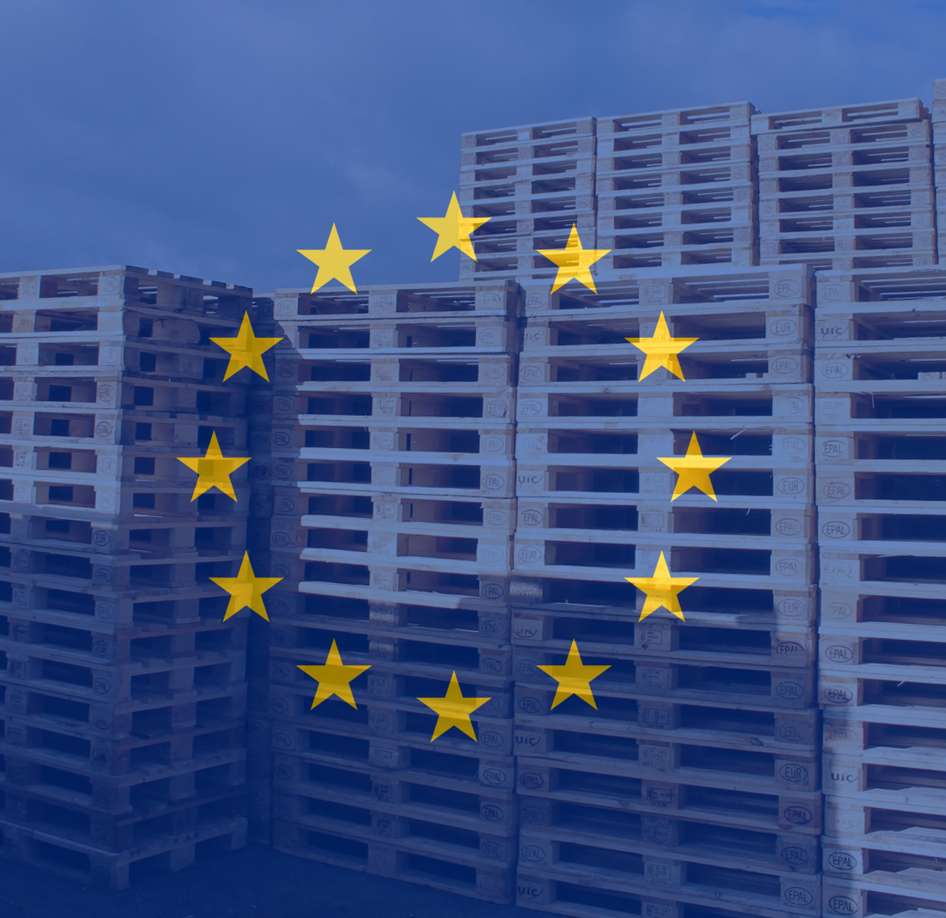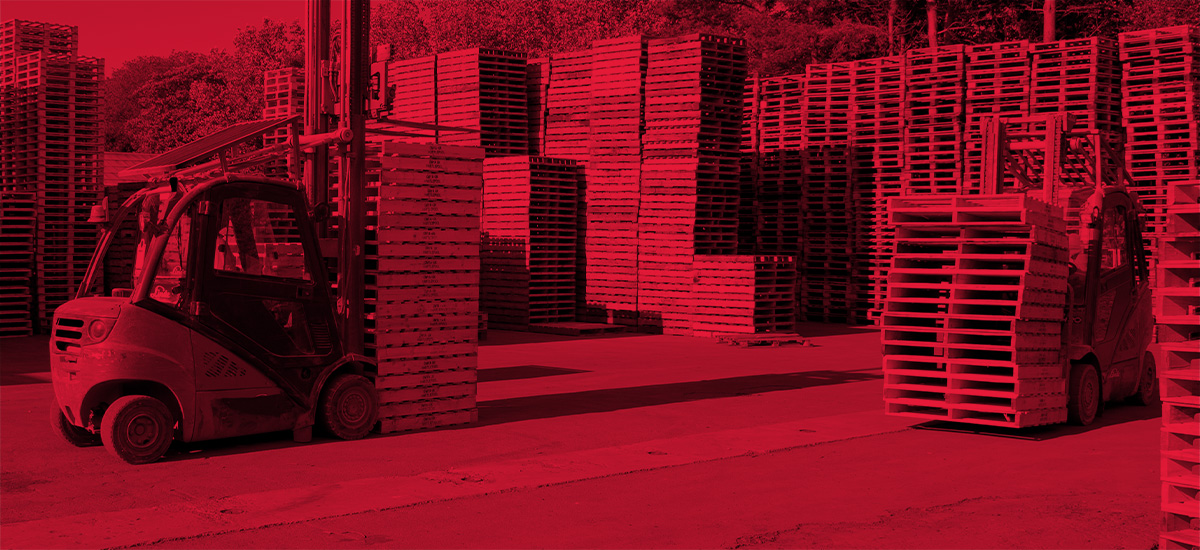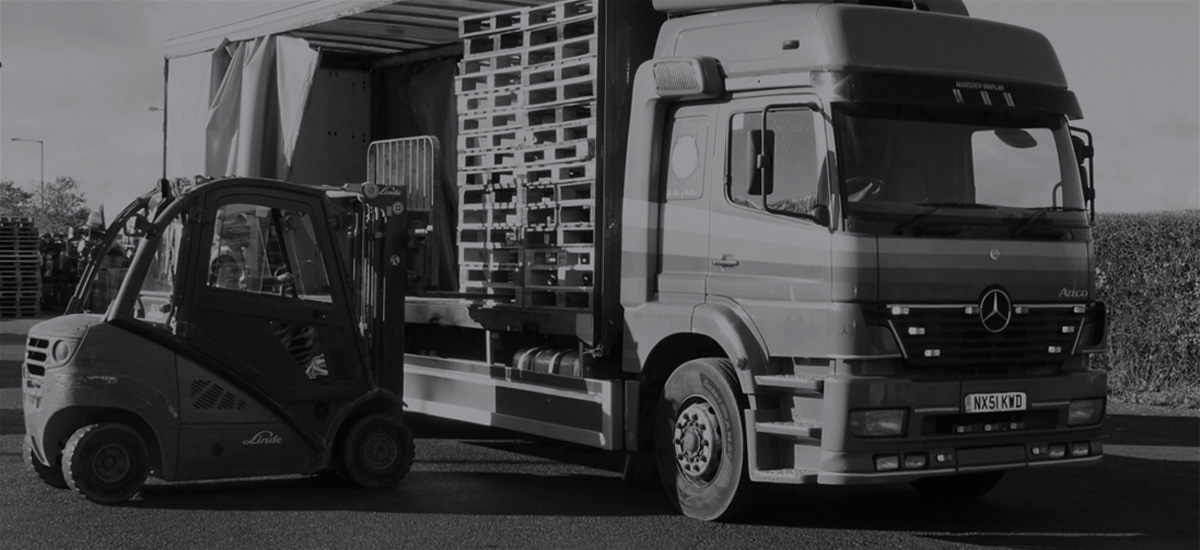With the Brexit deadline looming, businesses across all spectrums are preparing for changes in working practices.
Not least among these is the world of pallets. A shortage of wooden pallets is threatening to derail UK trade with the EU following our exit from the union in January 2021.

From that date, all wooden pallets used to transport goods between the UK and EU will need to comply with ISPM-15 — an internationally recognised rule that requires wooden packaging to be baked to 56°C for at least 30 minutes to prevent the spread of pests and diseases.
Up to 100 million pallets travel between Britain and the EU each year and, until now, they haven’t needed to comply with ISPM-15 as movements between EU member states are exempt.
In a letter to the Department for Environment, Food and Rural Affairs earlier this year, the head of the UK’s Timber Packaging and Pallet Confederation, John Dye, warned that Britain will not have enough heat treated pallets to comply with the rule.
What’s more, the coronavirus pandemic has hampered efforts to plug that shortfall, with installations of new kilns to heat-treat pallets being delayed by the virus. With no extension to the six-month Brexit transition period being given by the Government to take into account the effects of lockdown, the confirmation of this latest rule could cause havoc for British businesses.
Plastic pallets could be used but while they may be exempt from the EU ISPM-15 rules, they aren’t an ideal alternative. Wooden pallets are more durable, can be repaired when damaged and can be easily recycled after their reuse ability is no longer viable. So where does that leave us?
What are your thoughts on ISPM-15? Is there another way? Let us know on LinkedIn and Twitter.







